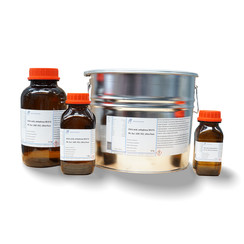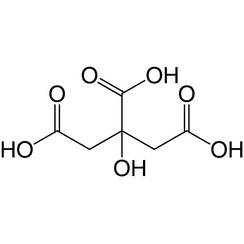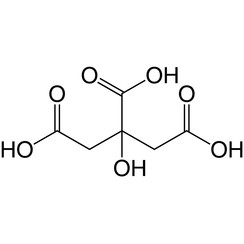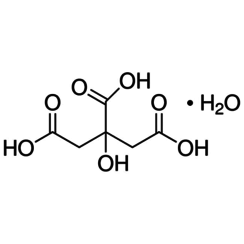You have no items in your shopping cart
Citric acid
€12,50
Excl. tax
€11,80
Excl. tax
€40,11
Excl. tax
€31,50
Excl. tax
€26,57
Excl. tax
Citric acid is a weak organic acid that has the chemical formula C
6H
8O
7. It occurs naturally in citrus fruits. In biochemistry, it is an intermediate in the citric acid cycle, which occurs in the metabolism of all aerobic organisms.
More than two million tons of citric acid are manufactured every year. It is used widely as an acidifier, as a flavoring and a chelating agent.
A citrate is a derivative of citric acid; that is, the salts, esters, and the polyatomic anion found in solution. An example of the former, a salt is trisodium citrate; an ester is triethyl citrate.





